Grootbos Private Nature Reserve, in Gansbaai, Western Cape, recently introduced the Hive to Home Experience, where guests suit up and step into the life of bees.
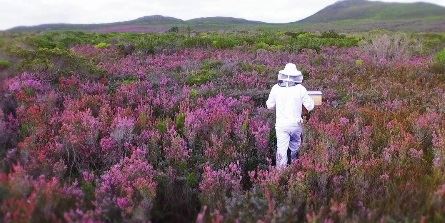
Credits: Grootbos Private Nature Reserve.
Guests opting for the Hive to Home Experience will explore beehives set amidst endemic fynbos with an experienced beekeeper, understanding the role bees play within the environment and ecosystem.
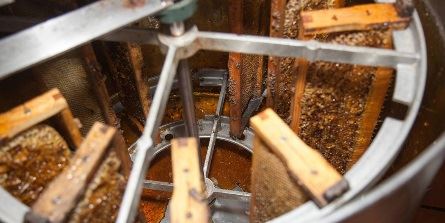
Credits: Grootbos Private Nature Reserve.
The adventure takes guests through the journey to better understand the intelligence of nature and the intricate construction of the hexagonal hive matrix. The hive is an example of how individuals are able to create something remarkable, together.
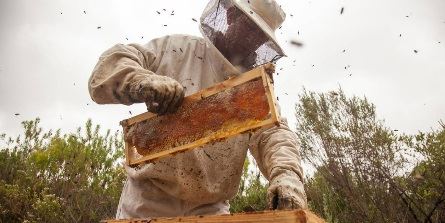
Credits: Grootbos Private Nature Reserve.
On returning to the base at the Growing the Future organic farm, guests step into the next part of their experience, the process of how honey is spun, its many uses and the benefits of honey.
A honey-inspired brunch completes the Hive to Home Experience.
According to Michel Lutzeyer, Owner of Grootbos Private Nature Reserve, ‘bee tourism’ or ‘apitourism’, is a growing form of eco-conscious travel and coincides with the growing focus on sustainability in travel. “This niche industry offers immense potential to highlight conservation issues. Whilst still small, there is generally a growing interest in bees and a greater understanding of their immense importance to the ecosystem and our survival.”
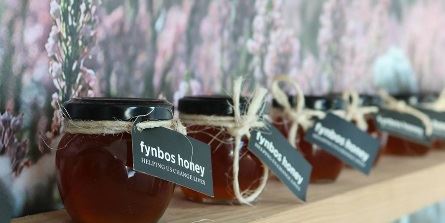
Credits: Grootbos Private Nature Reserve.
The Cape Floral Kingdom is the smallest yet most diverse of the world’s floral kingdoms, and the Cape honeybee plays an essential role as an important pollinator of the Cape fynbos. The Cape honeybee is a unique subspecies of bee, which only occurs in the Western Cape region of South Africa.
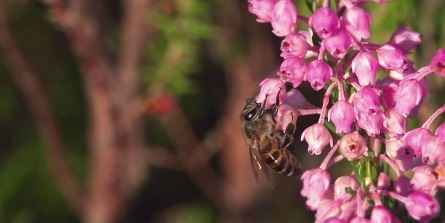
Credits: Grootbos Private Nature Reserve.
A greater understanding of the world of the Cape honeybee and its role in the endemic vegetation is important in growing a greater understanding of conservation, in particular the conservation of the Cape Floral Kingdom.






















